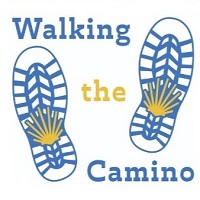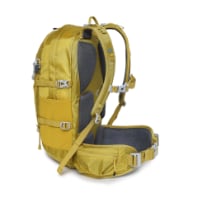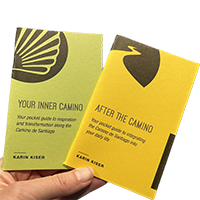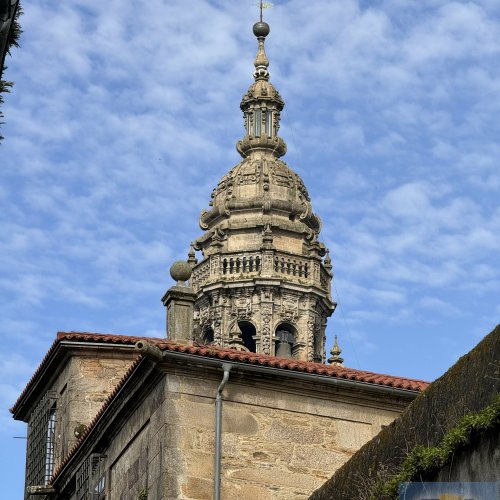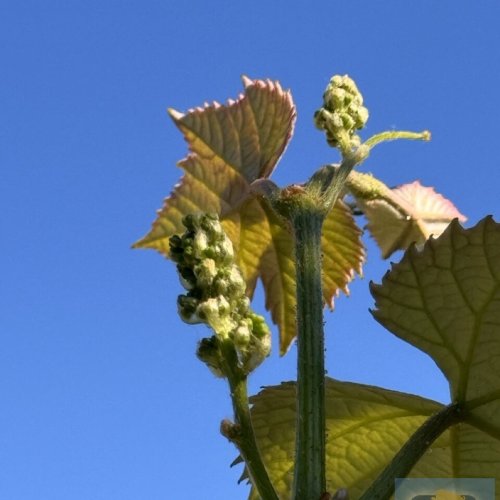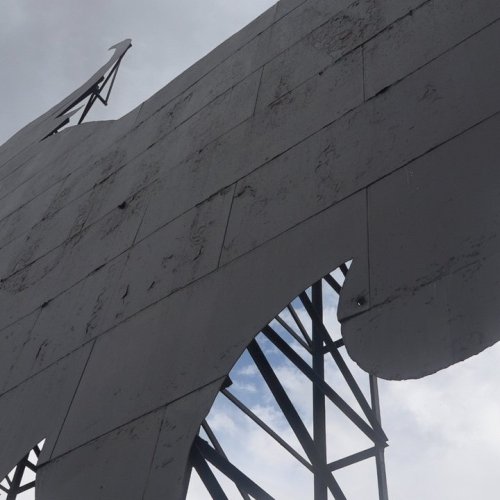We were talking about the unusual sculpture of the Crucifixion in the church of Furelos:
I had 90 results with <"Manuel Cagide" escultor> (including one from melideturismo.com) and 1600 with <"Manuel Cajide" escultor> (including one from santiagoturismo.com). This wouldn't matter to anyone with no degree of OCD, but ... Is this the difference between Spanish and Galician? But surely his name, Cagide or Cajide, must be on his birth certificate and that should be unchanged, whatever language it occurs in. How can I find out which spelling is really correct?Fwiw, the most likely reason why this sculpture is not often mentioned in guidebooks: It is a modern work of religious art. It was placed in this parish church in 1953 and was a gift from the sculptor Manuel Cagide, a native of Furelos/Melide.



